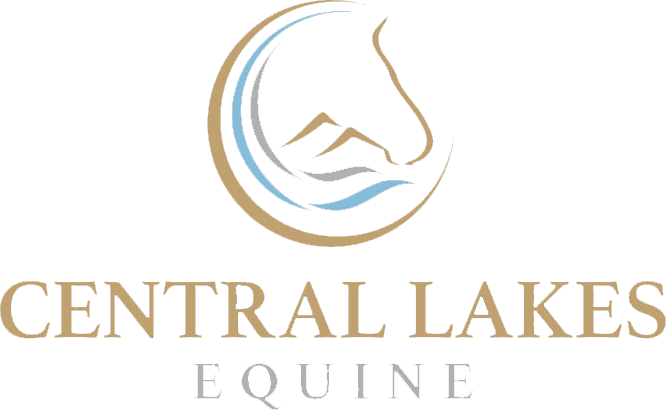A large proportion of your horse’s nutrition is made up of fibre. Fibre digestion requires an efficient grinding action of your horse’s teeth. Oral health and correct balance of the teeth is vital for this.
When horses chew, sharp points naturally form due to the anatomy of the jaw: The lower jaw is narrower than the upper jaw. When ulceration develops, it affects the griding action because the horse tries to shift chewing to areas of the mouth with no discomfort. This is a key contributor to an unbalanced mouth.
Routine dentistry addresses the abnormalities such as points, that arise from mastication/chewing. It MUST also include a clinical examination of the each tooth and surrounding mucosa to ensure that all teeth are free from common problems such as peridontal disease and caries. Peridontal disease is a very painful condition in horses, more so than sharp points, so the diagnosis of these conditions are vital. The last achievement during a dental procedure is to establish the return of correct balance and chewing action to promote continued oral health. When horses chew correctly, they keep their own teeth clean and gingiva healthy and minimise dental problems for the future.
While you may think that horses in the wild make do without dentistry work, please remember their length of life is often less, and severe ulceration and dental disease causes a lot of oral discomfort, but rarely causes a reduced voluntary feed intake in our prey species.
It’s important to remember not to underestimate your horse’s dental health! It’s not just about reducing sharp points. It is much much more.
Please consider getting dental checks yearly. Prevention of dental disease is the key. By the time we see clinical signs associated with dental disease such as weight loss or choke, we often cannot reverse the dental changes, instead only manage them for the rest of the horses life. Most horses are very stoic and show no signs of dental disease.

